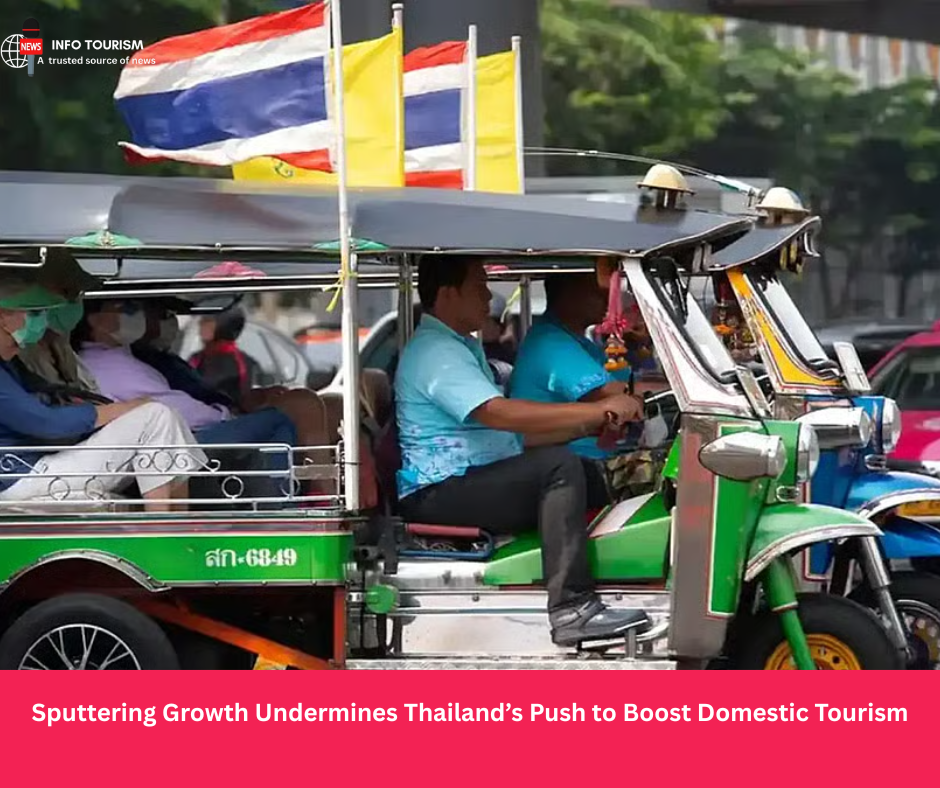PETALING JAYA – Malaysia’s extension of visa-free stay for Chinese tourists for five years is expected to be a major economic booster, with tourism operators and business communities forecasting knock-on effects across various sectors.
Tourism industry stakeholders say the long-term visa exemption brings stability, enabling better planning and development of Chinese-focused tourism products. They anticipate spillovers to the hospitality, retail, and property rental industries.
Malaysian Association of Tour and Travel Agents (MATTA) president Nigel Wong said the move enables the industry to invest in and develop the Chinese inbound market with greater confidence.
“With this stability, we can plan better and boost efforts to attract more Chinese tourists,” Wong stated. “There’s a growing demand among Chinese travellers for experiential tourism — from foodie trips to cultural and ecotourism experiences.”
He also stated that the economic spinoffs would have the potential to spill over beyond the next Visit Malaysia 2026 campaign.
“Tourist visitors typically peak in Visit Malaysia years. The visa-free policy comes naturally with those initiatives and paves the way for long-term development,” he added.
Malaysian Inbound Tourism Association (MITA) president Mint Leong endorsed the sentiment, observing that the policy provides better direction for marketing campaigns on Chinese visitors.
She mentioned Malaysia’s appeal as a winter retreat to Chinese tourists, particularly from cold provinces like Heilongjiang where the temperature drops below zero degrees from October to February.
“This visa exemption gives them a good reason to travel to Malaysia, not just for tourism but also for business activities,” Leong said, pointing to the potential for growth in business tourism and longer stays.
She also recognized the opportunity to offer niche travel niches, such as community and sustainable tourism, which would bring experiential experiences to allow foreign visitors to participate in Malaysian culture.
“For longer periods of travel, foreign tourists can feel the local life and heritage,” she said.
Peak periods for Chinese are the first 10 days of the Chinese New Year, as well as May, July, and October.
ACCCIM treasurer-general Datuk Koong Lin Loong stated the visa-free policy would have a direct impact on GDP growth.
“It will make more individuals spend in various sectors — from restaurants to retail,” he said. “It also allows Chinese professionals to go out and look at business opportunities at a low-key level and this can be a stepping stone towards future investments.”
Industry operators believe that by easing travel requirements and embracing long-term planning, Malaysia will profit from China’s vast outbound tourism market — one that brings economic as well as cultural dividends.





